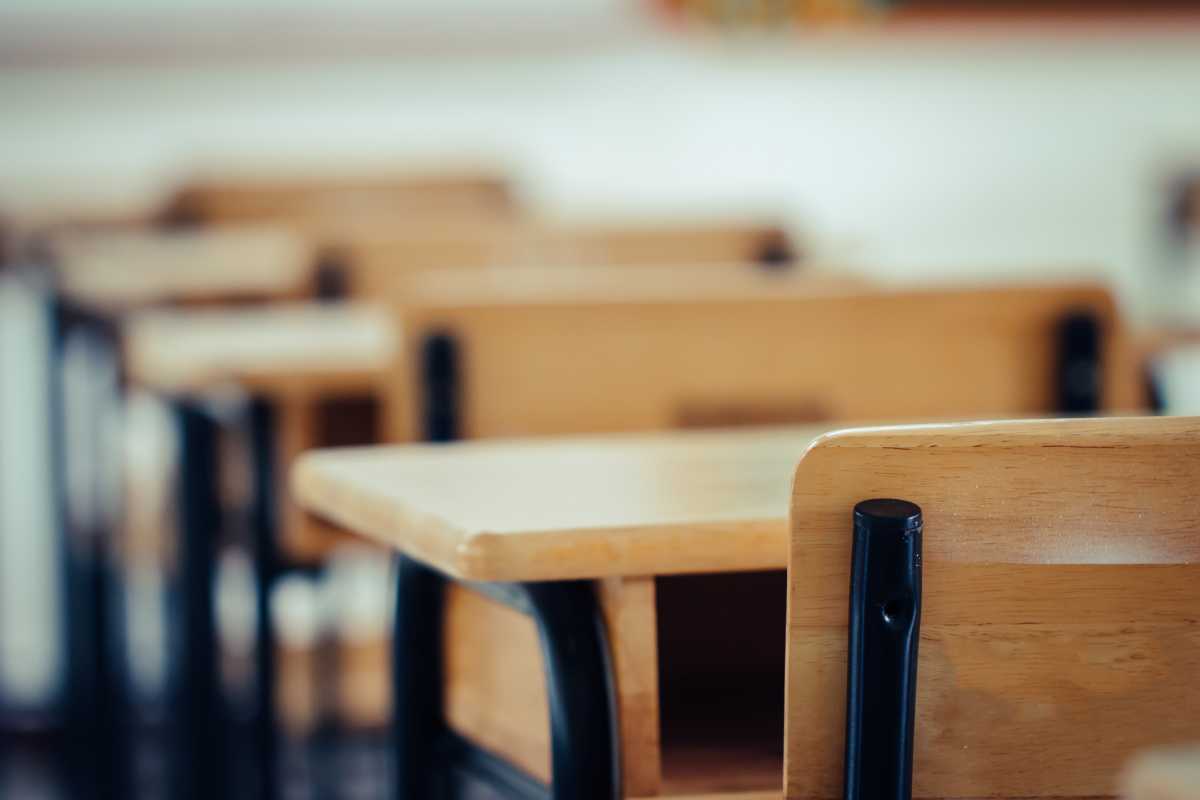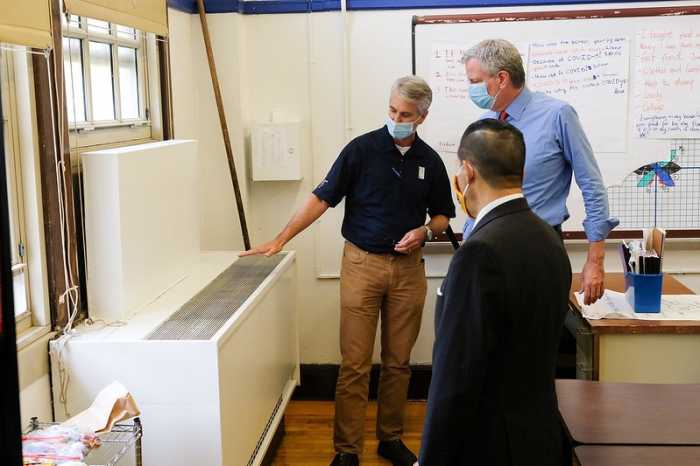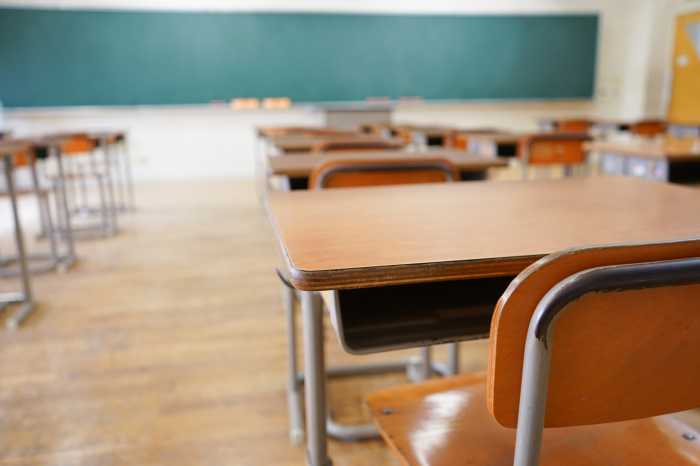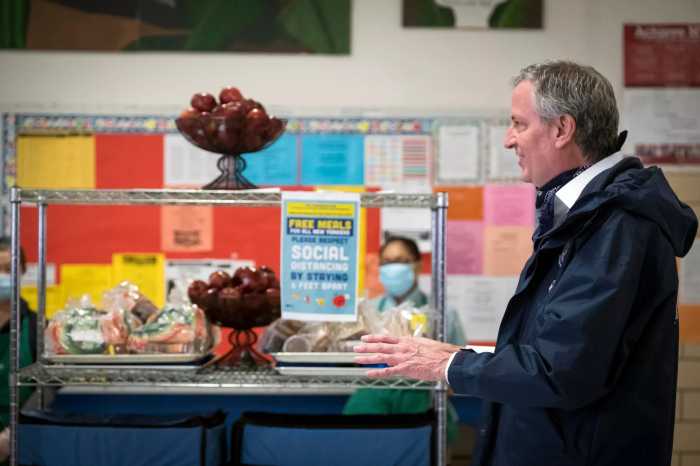City officials revealed on Friday that 72,000 public school students enrolled in hybrid learning, in which groups of students take classes in schools one to three days a week, have returned parental consent forms for random COVID-19 testing.
Out of the city’s 1.1 million public school students, 48% are currently enrolled in hybrid learning, according to the Department of Education’s most recent data from Oct. 9. Meaning that roughly 15% of students taking in-person classes have returned a consent form signed by a parent or legal guardian.
“This is a rolling process. There are a lot of consent forms coming in on a daily basis,” Schools Chancellor Richard Carranza told members of the City Councils’ committees on health and education during a joint hearing on Zoom. “Those are 72,000 people that have signed a consent form saying you have permission.”
Under Mayor Bill de Blasio’s school reopening plan, between 10 and 20% of all children and adults within a school are supposed to be randomly tested every month. In order to ensure that the same cohort of students and staff are not being repeatedly tested, the city’s Test and Trace Corp. develops a roster of all students and staff expected to be in school buildings and creates a second list of names selected at random from the roster.
“We then go down that list, which is a randomized list, that’s who I select for testing when we go in to do testing at that point in time in the school,” said Executive Director of the City’s Test and Trace Corp. Dr. Ted Long. “That’s it simply.”
Initially, officials were unable to answer how many students had returned testing consent forms during the hearing and instead the mayor’s top health advisor, Dr. Jay Varma, offered the number of students and school staff that have been tested in the last three days–7,257. Varma added that out of that number 15 people tested positive for the virus.
“Testing is not even of the first lines of defense to protecting our children, our students or our staff from COVID-19,” Varma said. “Testing alone will not save you.”
It is unclear how many families or students have not given consent to be randomly tested. Chancellor Carranza promised to provide that number and also the number of schools with where the consent number is 20% or less to the city council later today.
“But let’s be very clear, a student who does not consent or any adults that do not consent to randomized testing there is an option for those students and that is fully remote learning,” Carranza told the City Council. “But if we are going to be together in a school building, randomized testing will be mandated, it is mandated.”
Mark Tregyer, chair of the city council’s committee on education, pushed back against the Chancellor’s claim citing DOE documentation given to public school parents and families stating that while consent to testing is not mandatory children who do not consent to testing “may” not “will” be switched to remote learning if a sufficient sample size is not reached.
A letter from the chancellor posted to the Department of Education’s website states that testing is not mandatory but encouraged claiming that monthly testing provides the city with a sufficient sample size to determine the status of the virus within school communities.
Treyger expressed concern over the fact the Department of Education has yet to determine when to transfer non-consenting students to remote learning. Teachers and staff working in school buildings are also not required to take COVID tests, per department guidelines.
“We prefer to start with an educational approach rather than the hammer,” said Carranza.
Random monthly testing began at 56 schools last week with Mayor de Blasio reporting that out of 1,751 tests only one positive case of the virus found. The state’s weekly testing of 20% of school communities located in COVID cluster yellow zones outside began last Friday. Officials said during the city council hearing that out of the 3,100 COVID tests given at yellow schools only four came back positive.




































